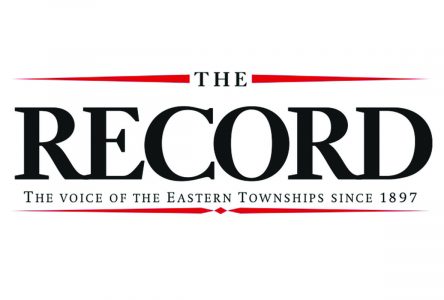In eight days, the Governor General will read the Speech from the Throne – the minority Liberal government’s roadmap to the future. Only nine months ago – a lifetime ago — Mme. Payette outlined Mr. Trudeau’s priorities: fighting climate change, strengthening the middle class, walking the road of reconciliation, keeping Canadians safe and healthy and positioning Canada for success in an uncertain world.
The goals are relevant and worthy. But if we get the same timid and incremental approaches that we’ve had for the past several decades, we’re done for. Says historian Guy Stanley, author of Rebuilding Liberalism, a former collaborator of mine and one of Canada’s foremost thinkers about the future, “This Throne Speech is a once-in-a generation opportunity for the government to set out a bold and compelling plan to generate work and investment, increase real economic growth and productivity, see tangible results quickly and possibly reclaim leadership among the middle powers of the world.”
Canadians are quite capable of making big, bold moves that change society –think universal healthcare and telephones. They have been gamechangers for everyone, but Canadians are really good at inventing things that change individual lives — think pablum and canola, walkie-talkies, AM radio, pacemakers, the electron microscope, pagers, snowmobiles, robotic hand, electric wheelchairs, insulin, Ebola vaccine, plexiglass, and the list goes on.
Says Stanley, “What’s necessary today is that we spend a whack of money for good reasons. Think of this period as a wartime economy – during World War 2, we created national networks to encourage industry to make useful things. At the end of the war, that new infrastructure was tailored to huge pent-up demand for goods and services.”
Asked to cite a few policy proposals that would qualify as game changers, Stanley reeled off a couple that may make your eyes pop.
• How about negotiating a deal with Alberta to get it out of the oil business? Part of that deal would be to set up other things to work on like a research facility to perfect the decarbonization of production processes. Another part would be to recognize and exploit Canadian resources that are increasingly in demand – lithium and rare earth minerals for example.
• Instead of trying to make more pipelines, start thinking about Canada as a Pacific power. Vancouver is the closest way to Asia, but our ports need a makeover. So does the railroad. But why not think about transportation that doesn’t need tracks or roads – the technology exists and needs to be exploited.
Stanley’s ideas are echoed by many other forward-thinking Canadians. Georgina Black, a managing partner at Deloitte and one of Canada’s “100 most powerful women”, writes in a Public Policy Forum monograph, “Our transit, ports, electricity, and telephony infrastructure all continue to hold back our country’s competitiveness. Taking inspiration from our history, governments should look to infrastructure as a way to stimulate the economy, build resilience to environmental and economic shocks, and enable a new period of growth… Our weak competitive position going into the pandemic makes our recovery from it more difficult. Canada’s weakness in infrastructure holds back both trade and investment. Our lack of innovation means that our businesses don’t have the cutting-edge technology or skills needed to compete with their global peers. Our regulations mean that businesses will find it that much harder to grow. These challenges were slowing our economic growth prior to the crisis and will continue to do so post-crisis. For example, pre-pandemic, we estimated that the Canadian economy would grow at 1.6 percent annually over the next decade—already significantly lower than annual average growth of 2.2 percent in the preceding decade.”
Asked about the pushback from those who worry about the massive spending that’s needed, Stanley says, “It’s almost idiotic to think that this Throne Speech will talk about pursuing a “responsible” fiscal plan—meaning talk about how the debt will be paid down. The trick is to make sure economic growth is higher than the interest rate. We can continue to exploit our resource and manufacturing industries, but we need to reinvent them. And we need to prioritize high-growth industries like e-commerce, digitization, health and data.”
Says Anthony Viel, CEO of Deloitte, “Digital infrastructure is akin to the railroad and electricity networks that enabled previous industrial revolutions. A national ambition to be a digital country requires investment in digital infrastructure (broadband, 5G), getting on with digital identity, regulatory and privacy reforms, and digital literacy training, all with a commitment to ensure equitable access for businesses and people.”
As for Canadians who will work in this modern economy, income support and skills training have to be modernized to include gig, foreign, and temporary workers as well as racialized and Indigenous populations.
We’re living in an economy that was designed for the last century. The Throne Speech should outline a strategy that brings us into the 21st century. That means spending big bucks. It will pay off by creating the conditions for more of us to fully participate in the economy and society.
Dian Cohen is an economist and founding organizer of the Massawippi Valley Health Centre.
Cohendian560@gmail.com




